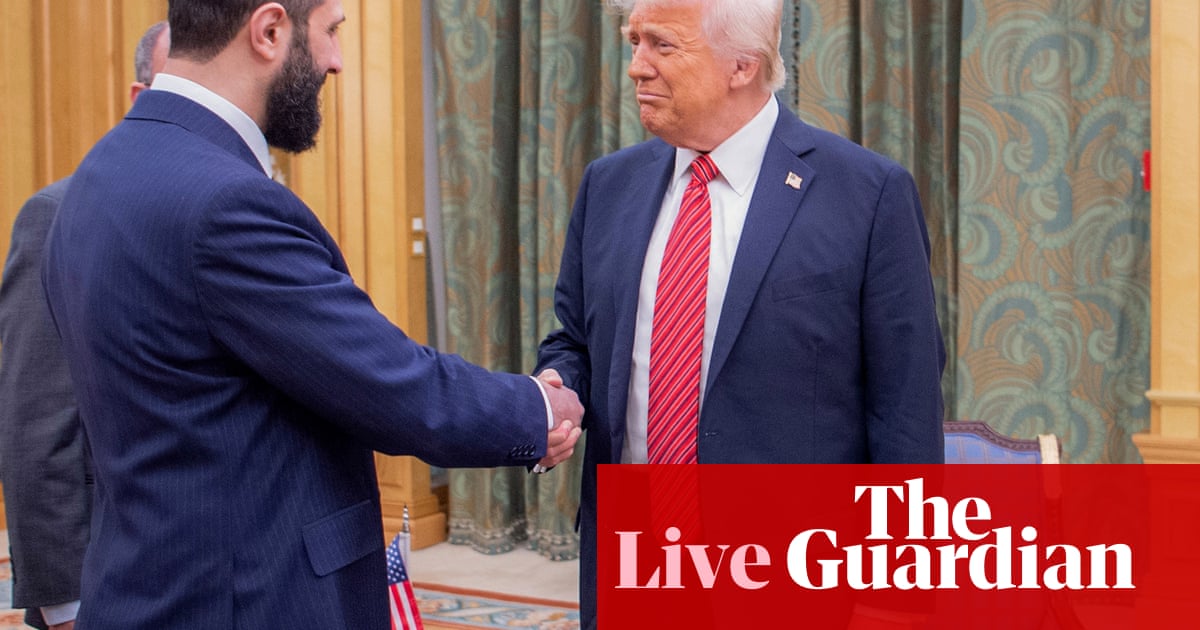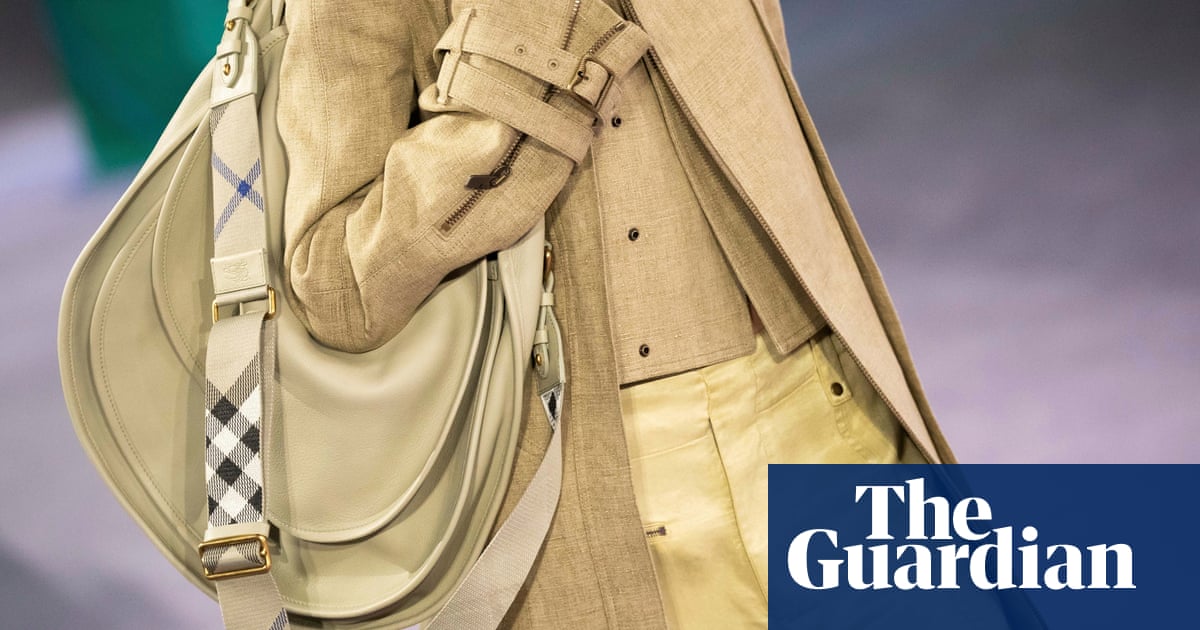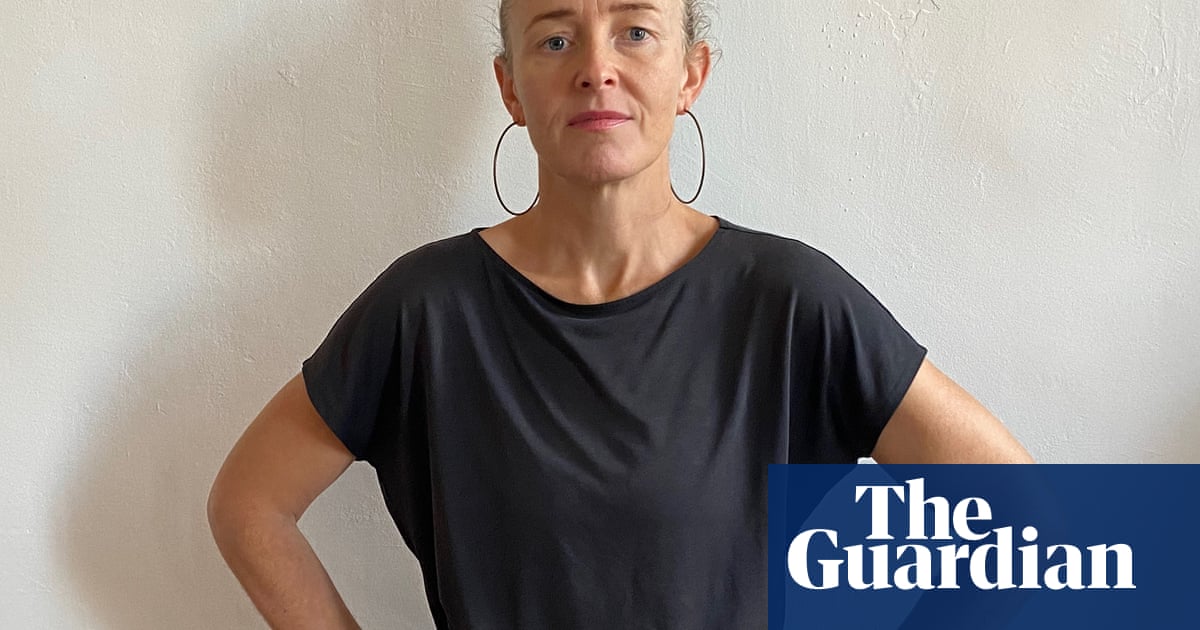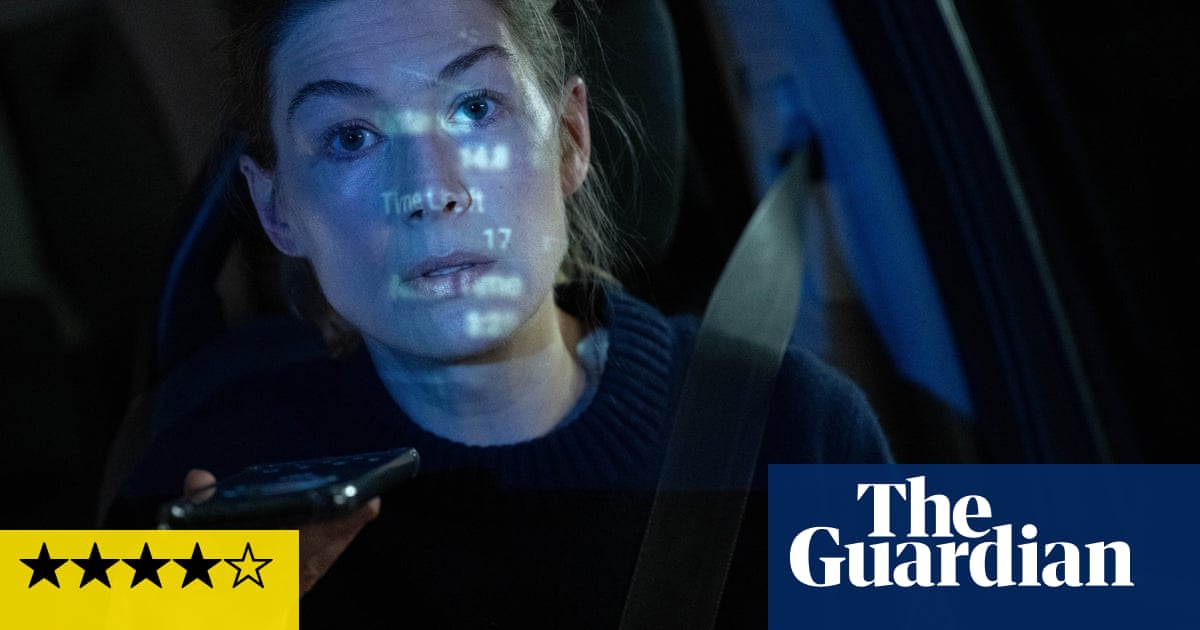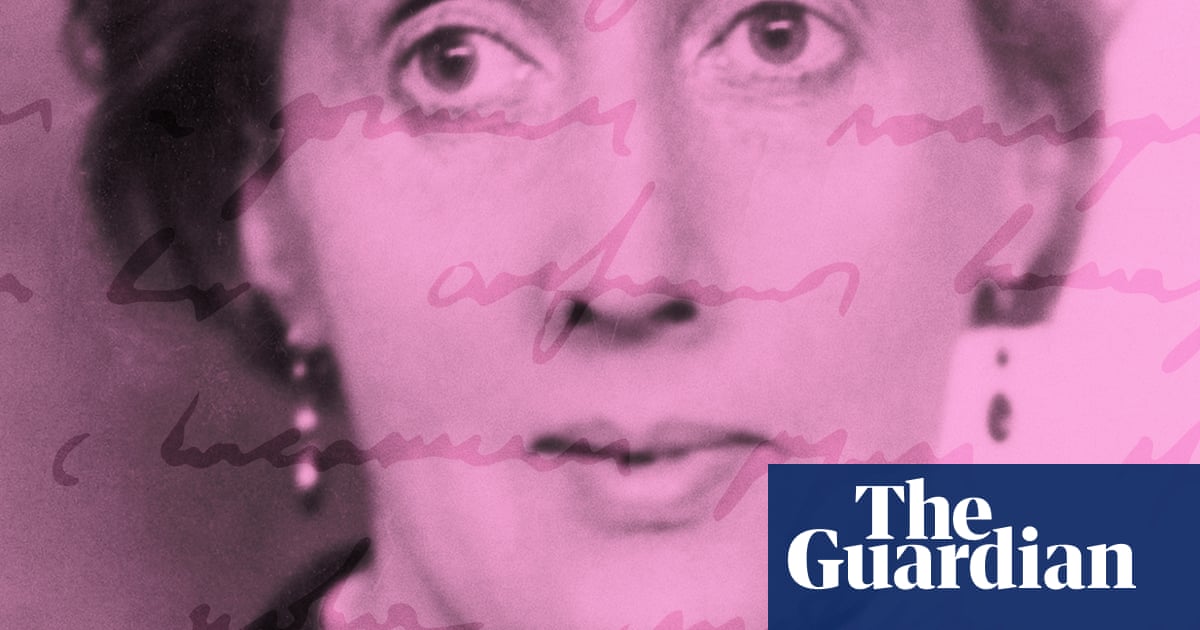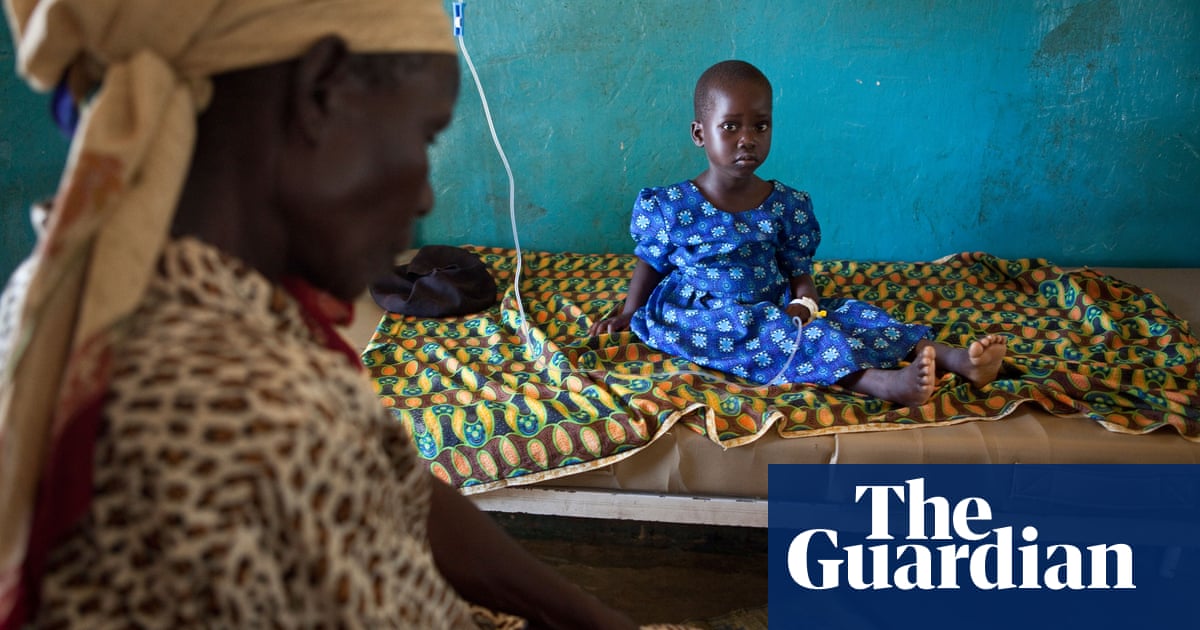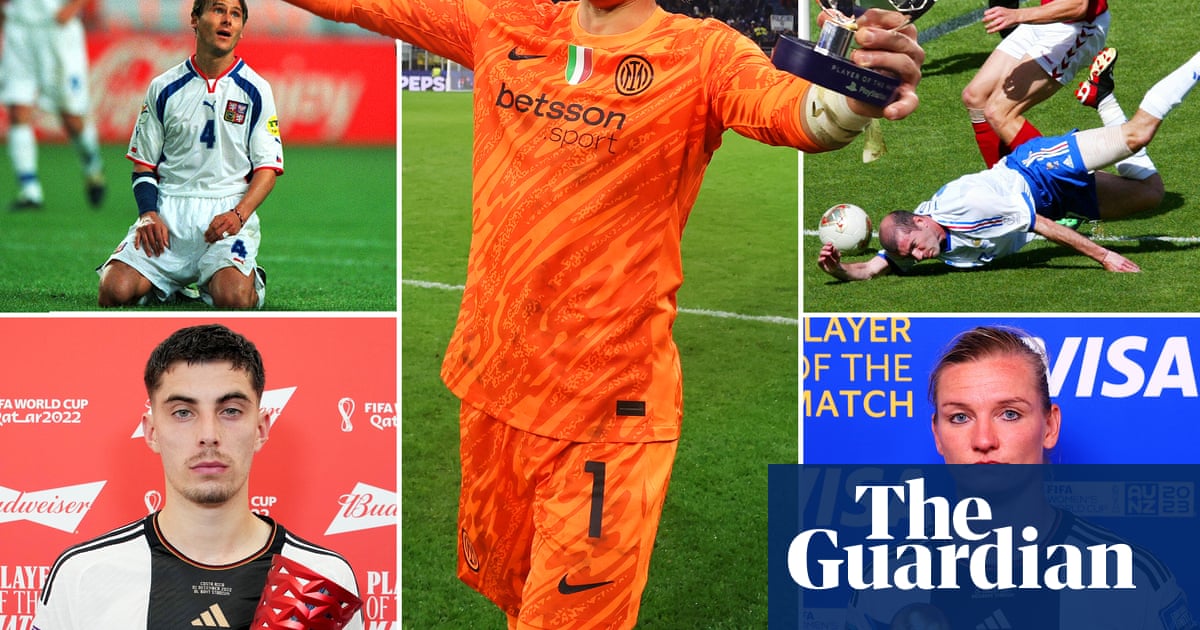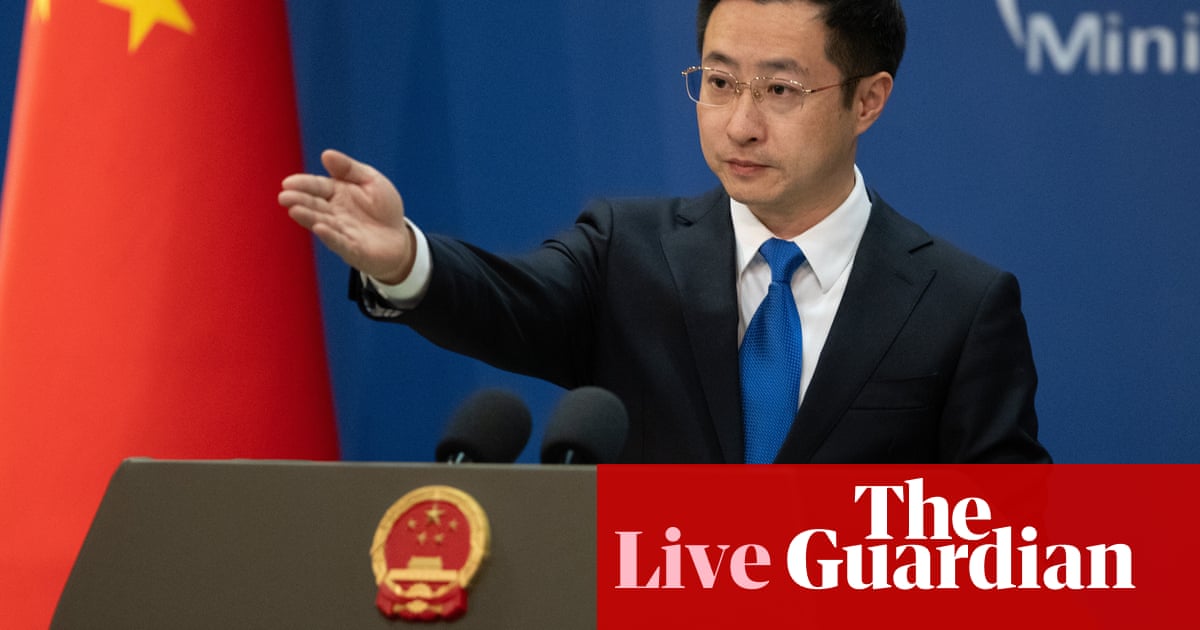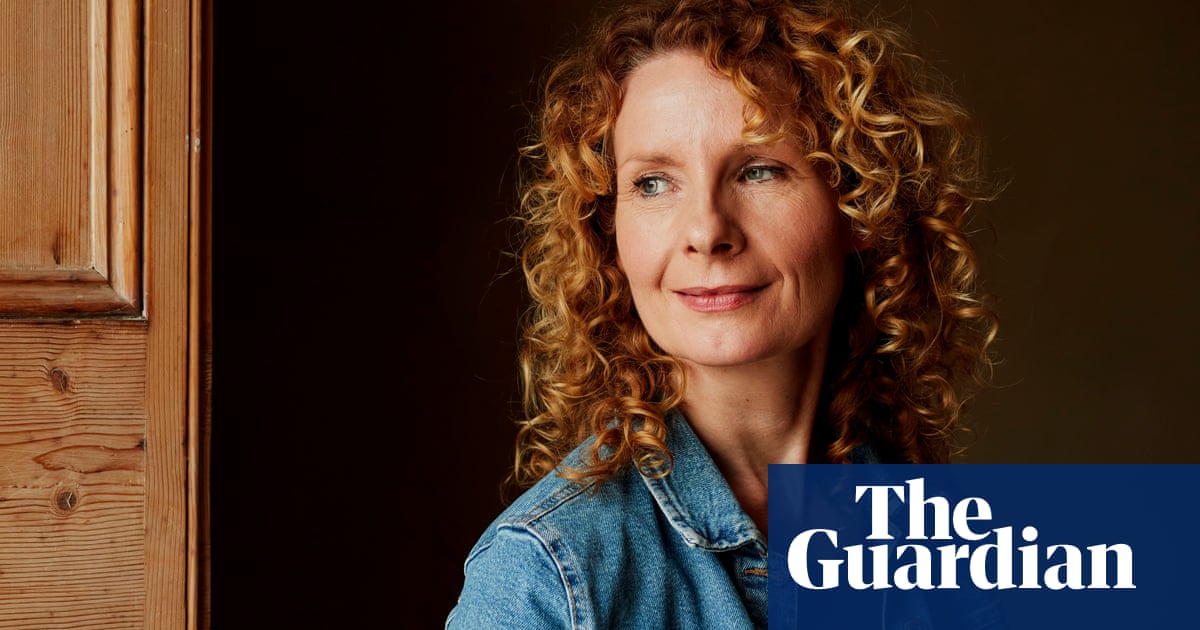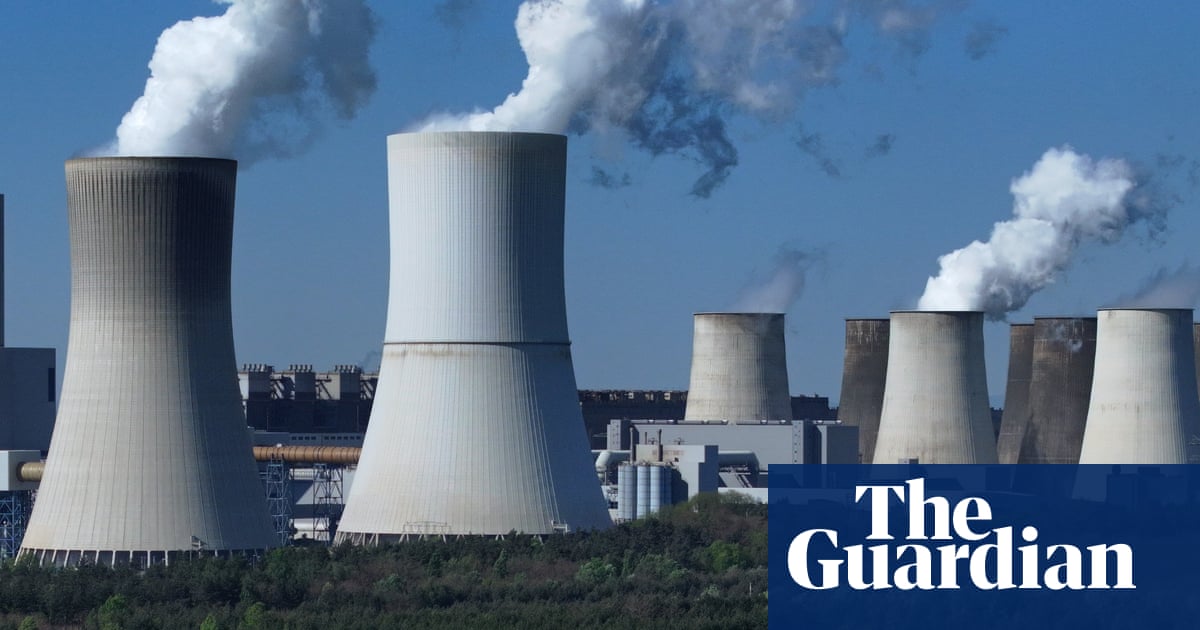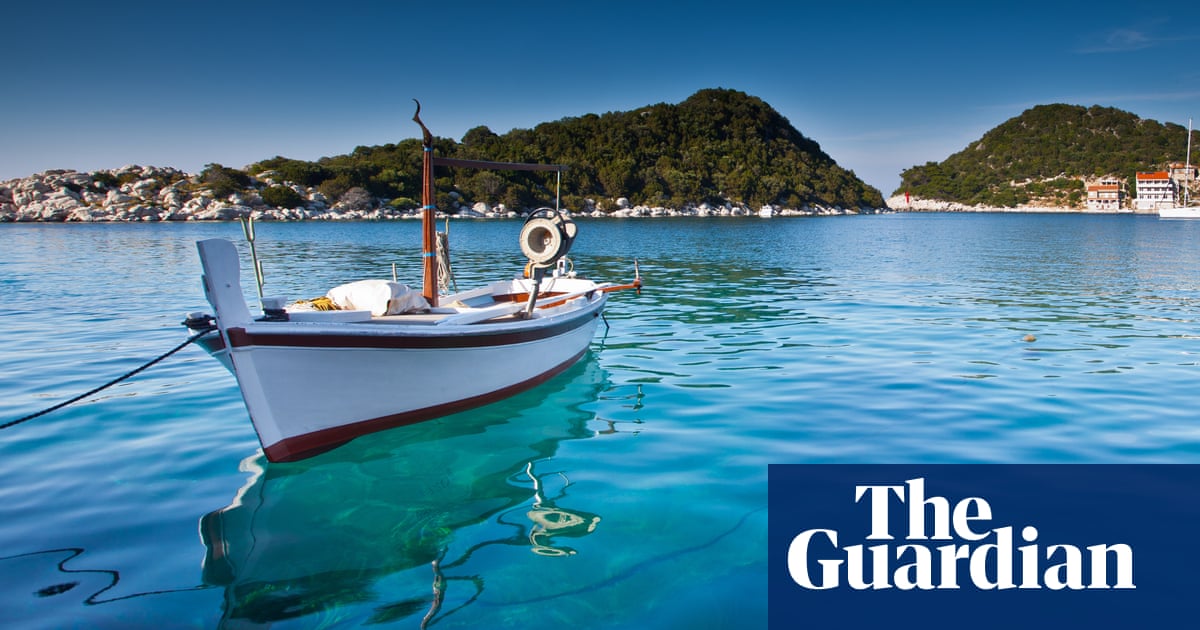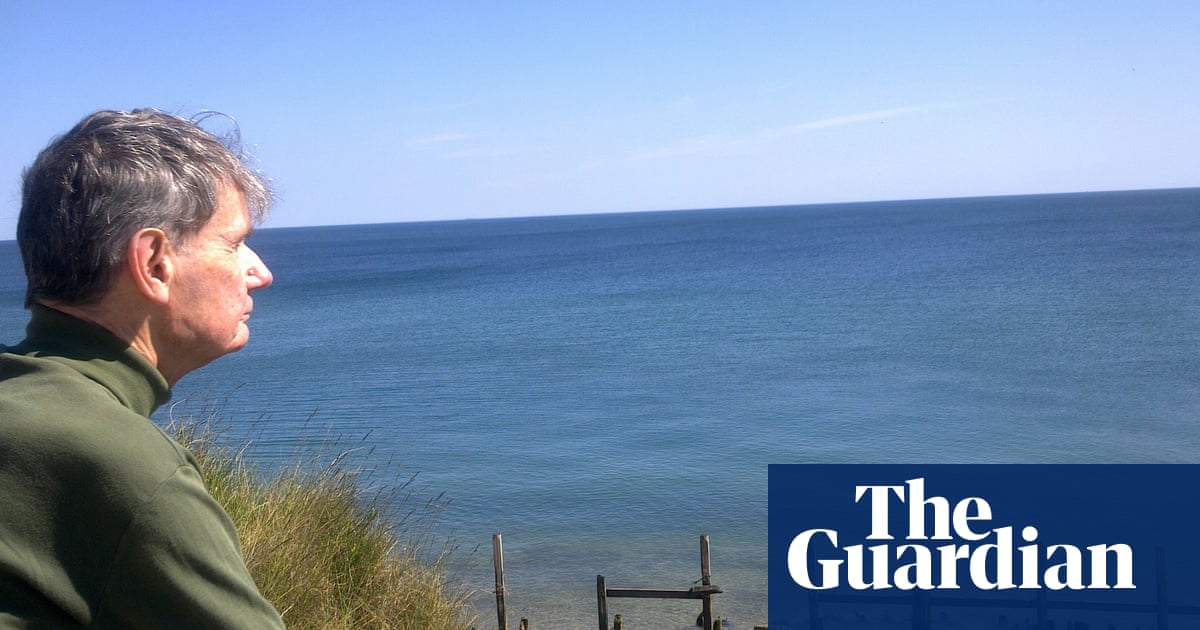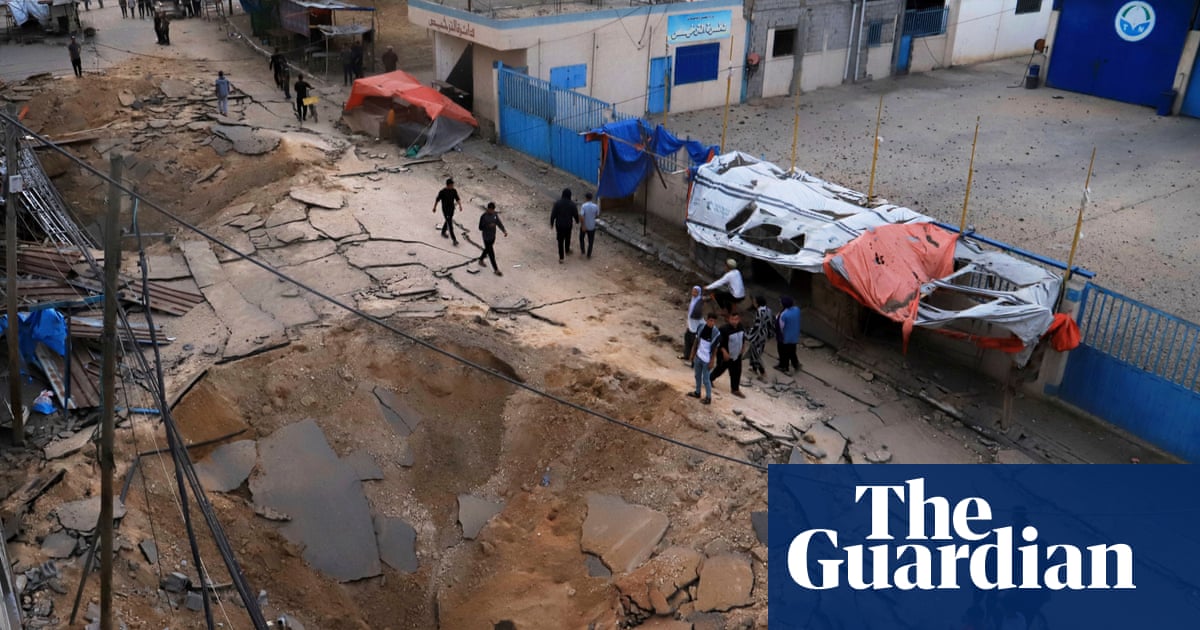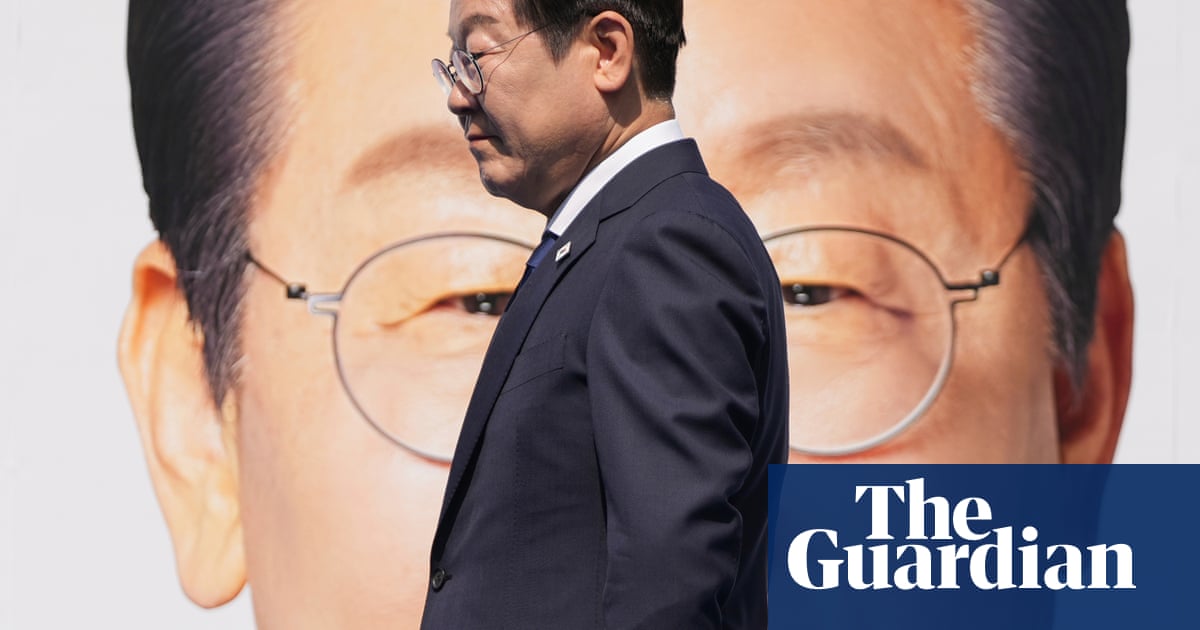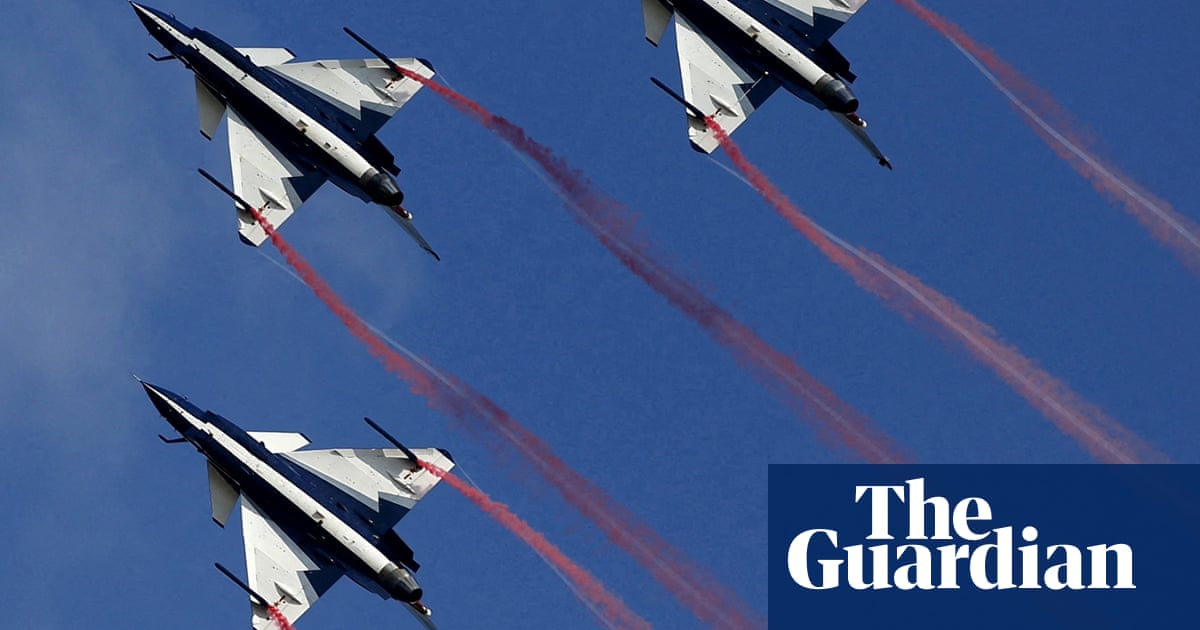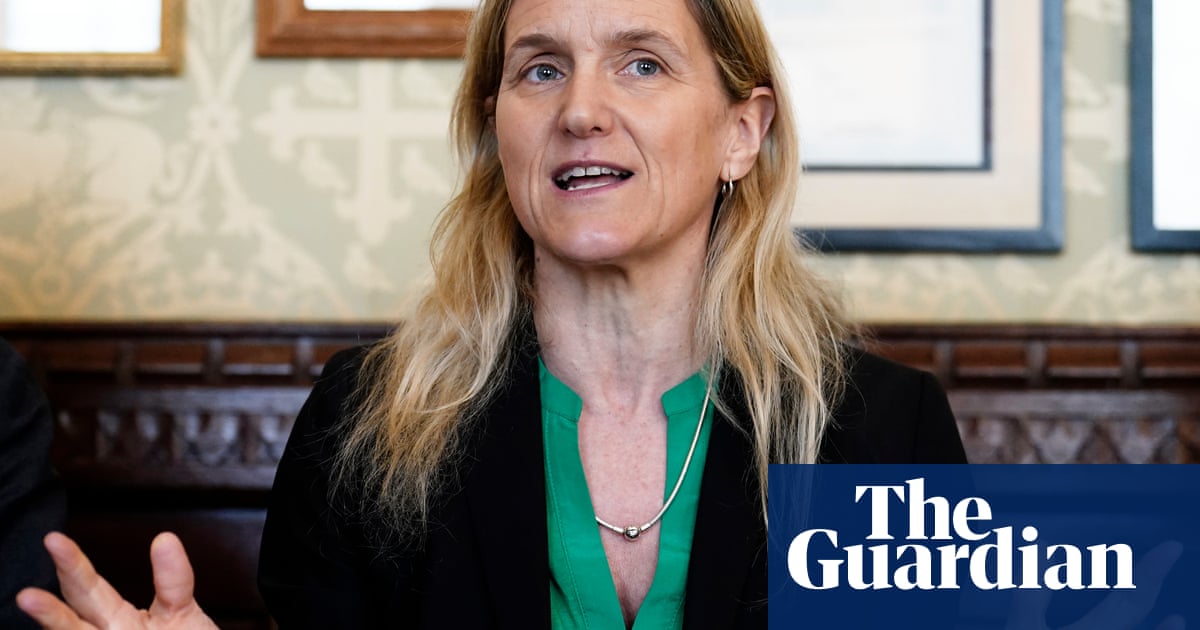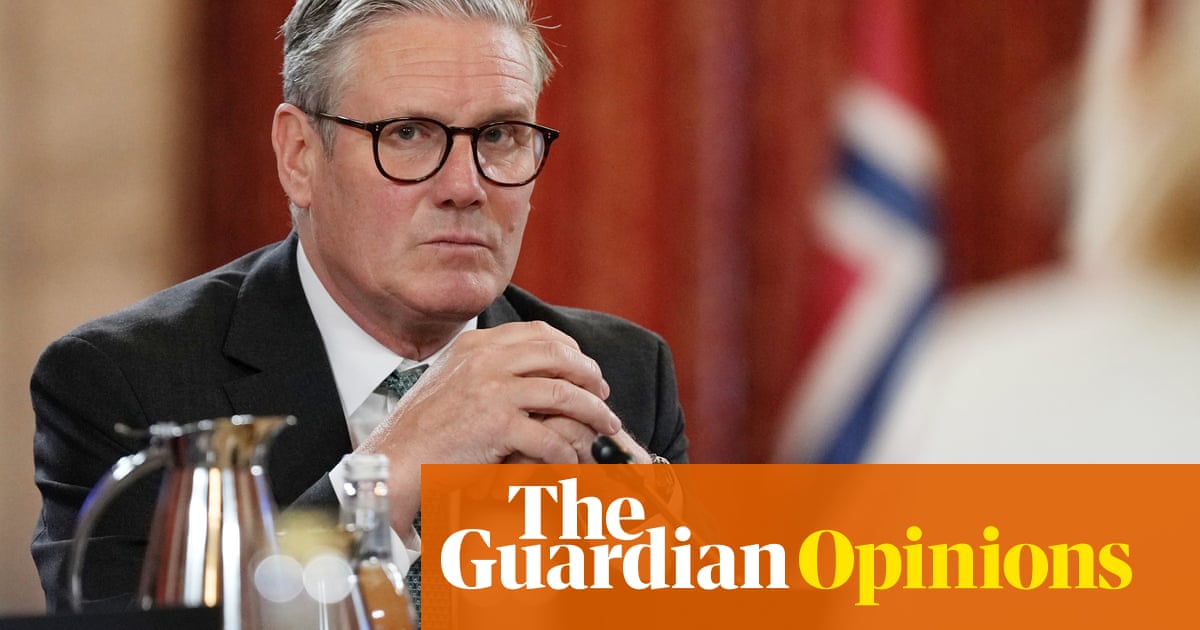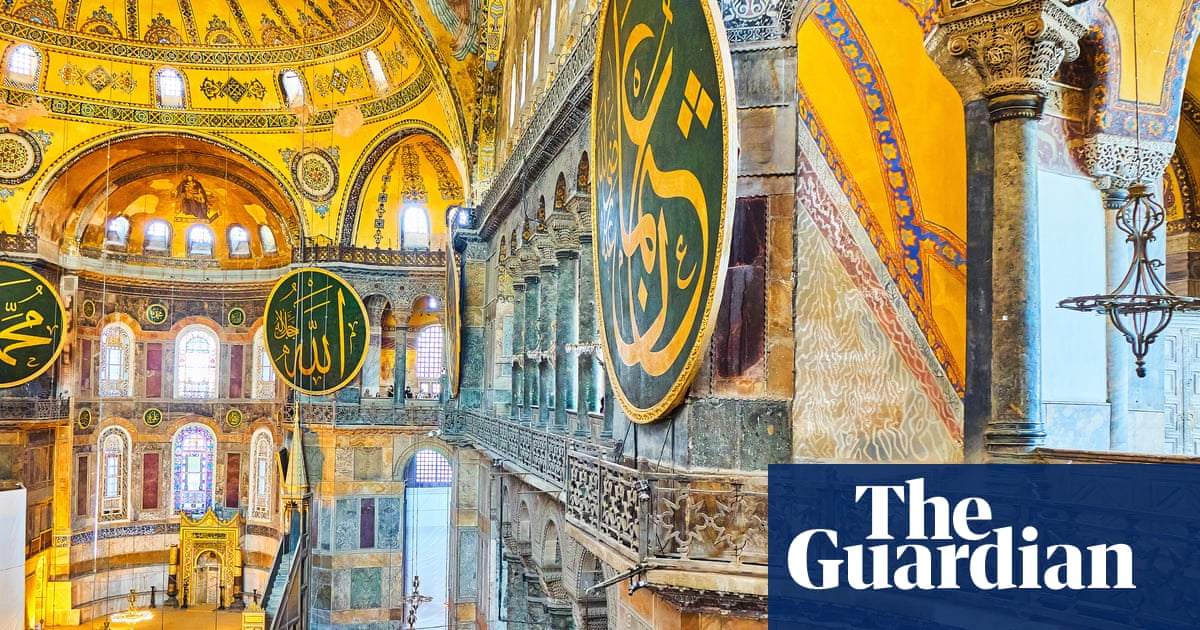European leaders have affirmed their support for Ukraine at a Paris summit and agreed now was “not the time” to lift sanctions against Russia, but with splits remaining on Franco-British plans for a “reassurance force” to help guarantee an eventual ceasefire.
France’s president, Emmanuel Macron, said on Thursday the meeting of more than two dozen heads of state and government had agreed unanimously that sanctions on Moscow should not be eased until “peace has clearly been established” in Ukraine.
The third meeting of what France and the UK have called the “coalition of the willing” for Ukraine was called amid widespread concern that Donald Trump may be open to rolling back some sanctions in order to get Russia to agree to a partial ceasefire deal.
“Ukraine had the courage to accept an unconditional 30-day ceasefire,” Macron said after the summit, also attended by Ukraine’s president, Volodymyr Zelenskyy, Nato’s secretary general, Mark Rutte, and the heads of the European Commission and council.
“Since that Ukrainian announcement, there has been no Russian response,” Macron said. “There have just been new conditions posed [by Moscow] for a much more limited and hypothetical ceasefire.”
The British prime minister, Keir Starmer, said there was “complete clarity” on the importance of not lifting sanctions, with leaders “on the contrary” discussing how sanctions could be increased “to support the US initiative to bring Russia to the table” with further pressure.
Starmer told reporters at the British embassy after the summit: “It means increasing the economic pressure on Russia, accelerating new tougher sanctions bearing down on Russia’s energy revenues and working together to make this pressure count.”
He added that he did not believe Putin was negotiating in good faith. Starmer said: “It’s clear the Russians are filibustering. They are playing games and then playing for time. It is a classic from the Putin playbook.”
In a separate briefing, the German chancellor, Olaf Scholz, said lifting sanctions on Russia would be a grave mistake and “makes no sense” as long as peace had “not actually been achieved – and unfortunately we are still a long way from that”.
Zelenskyy said Russia “does not want any kind of peace” but instead “wants to divide Europe and America”, and there should be “no lifting of any kind of sanctions until Russia stops this war”. Instead, there should be “more packages of sanctions”.
Zelenskyy added after the summit that he felt the US should respond to what he called Moscow’s violation of a commitment not to strike Ukrainian energy targets. “I think there should be a reaction from the US,” he said.
The meeting sought to define the security guarantees the European and other allies could offer Ukraine once a ceasefire was agreed to end the three-year-old war – including the possible deployment of military forces by some of its members.
Facing political and logistical constraints and possible Russian and US resistance, coalition members are far from agreed on the latter option. Anglo-French plans for a post-truce “reassurance force” had not won universal backing, Macron said.
The force was “a British-French proposition, desired by Ukraine”, he said, adding: “It does not have unanimity, but we do not need unanimity to do this.” Nonetheless, an Anglo-French delegation would soon travel to Ukraine to discuss needs, he said.
after newsletter promotion
The French president said “several” of Ukraine’s European allies were prepared to deploy to Ukraine, but some did not “have the necessary capacity” and others were reluctant to put troops on the ground due to the “political context”.
Italy’s prime minister, Giorgia Meloni, repeated Rome’s refusal to send troops to defend any ceasefire deal, adding that it was “important to continue working with the US” and she hoped a US delegation would attend the next coalition meeting.
Macron said the reassurance force, stationed away from the frontline but offering strategic support, could form part of a security guarantee that also included more support for the Ukrainian army and a broader push to rearm by coalition members.
The UK-France mission would also discuss the shape of “tomorrow’s Ukraine army”, Macron said, emphasising the importance of a “strong Ukrainian army … that is well equipped for the day after”.
Starmer confirmed that French, British and also German army chiefs would travel to Kyiv to help with planning support for Ukraine’s army, with a new Ukraine defence contact group to meet “to marshal more military aid and keep Ukraine in the fight”.
Zelenskyy said there were “many questions” and “few answers” on the possible deployment of European troops and “the actions of this contingent, its responsibilities – what it can do, how it can be used, who will be in charge of it”.
Starmer said the Paris meeting had made progress “in terms of numbers and intent”, but could not say how many countries were willing to deploy troops to Ukraine, nor whether he was any closer in securing support for such an idea from Washington.
Pushed to say how long he would give Putin to respond positively to the ceasefire proposals, the British prime minister said: “We need to see this developing in days and weeks, not months and months.”

 1 month ago
31
1 month ago
31
